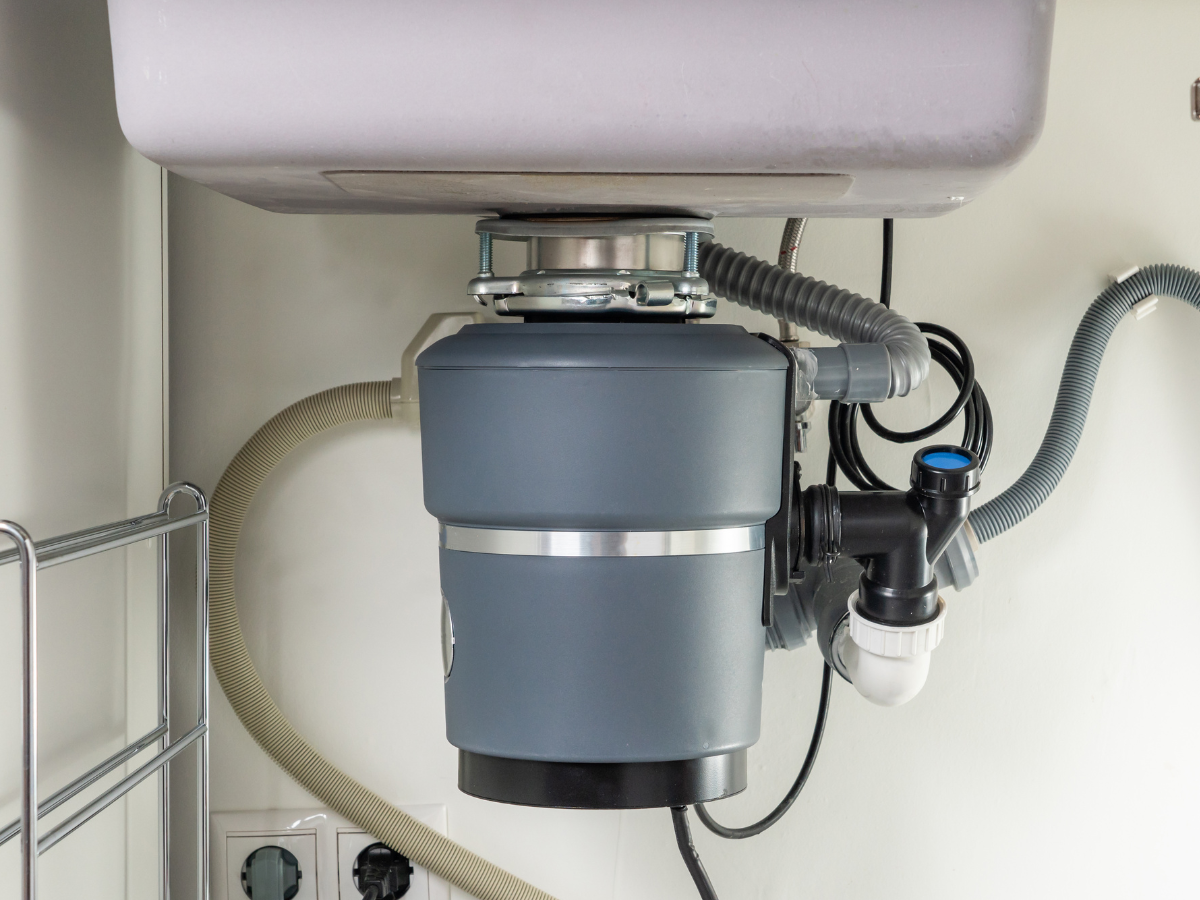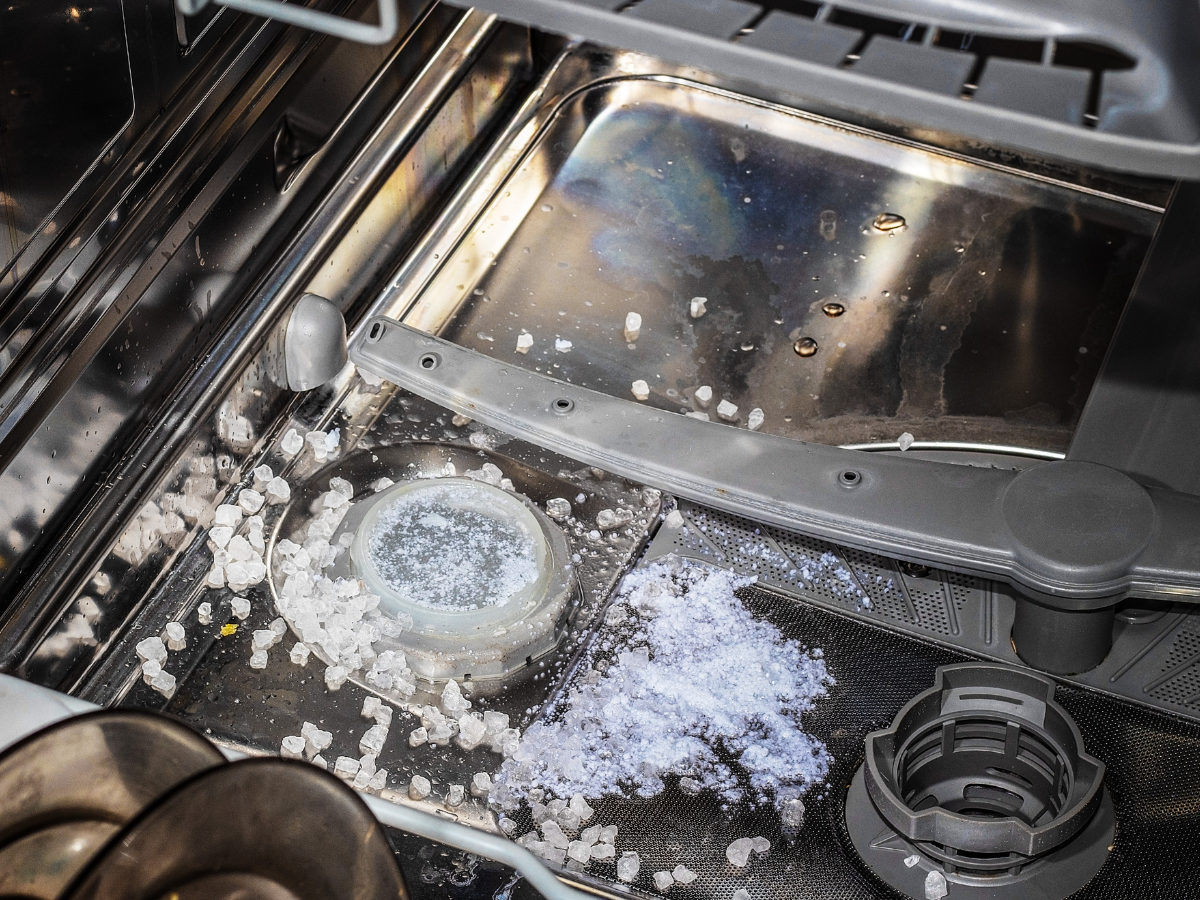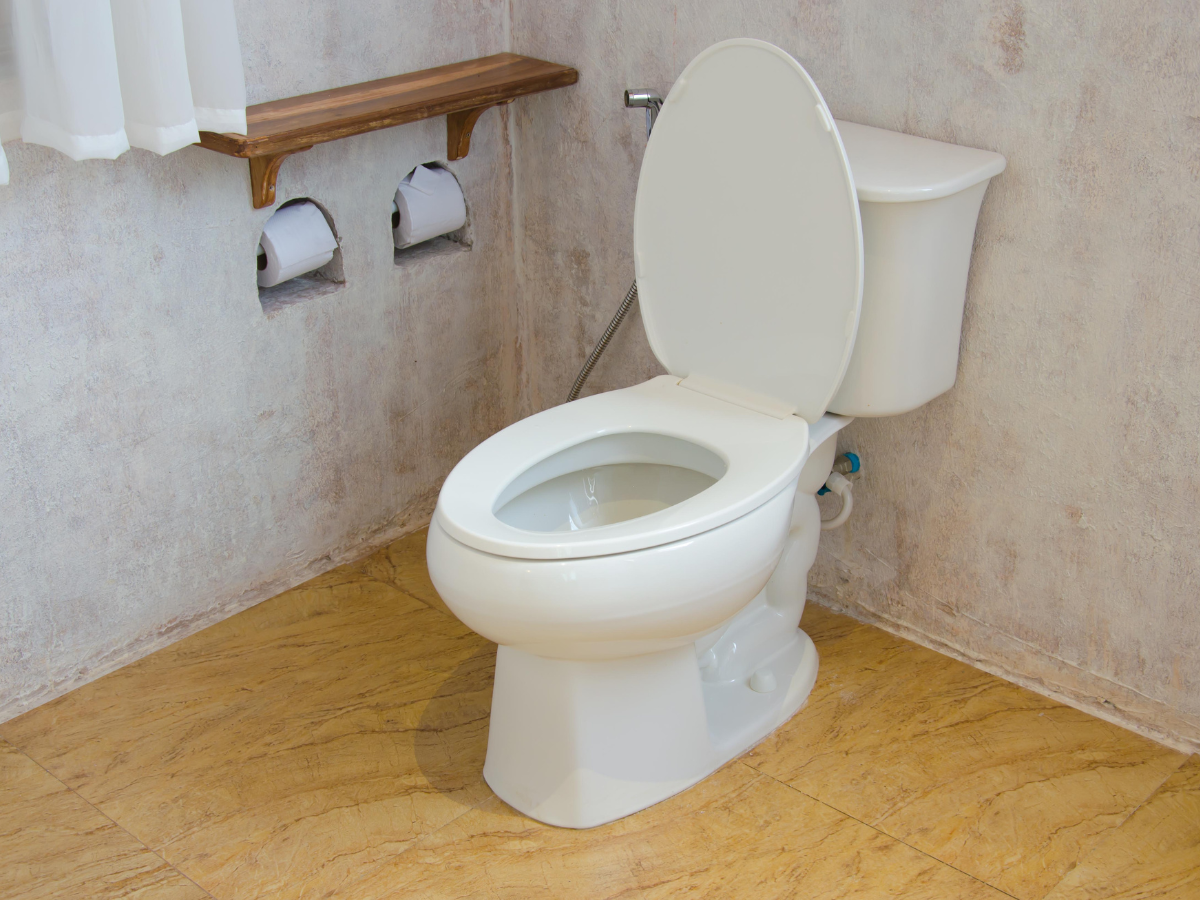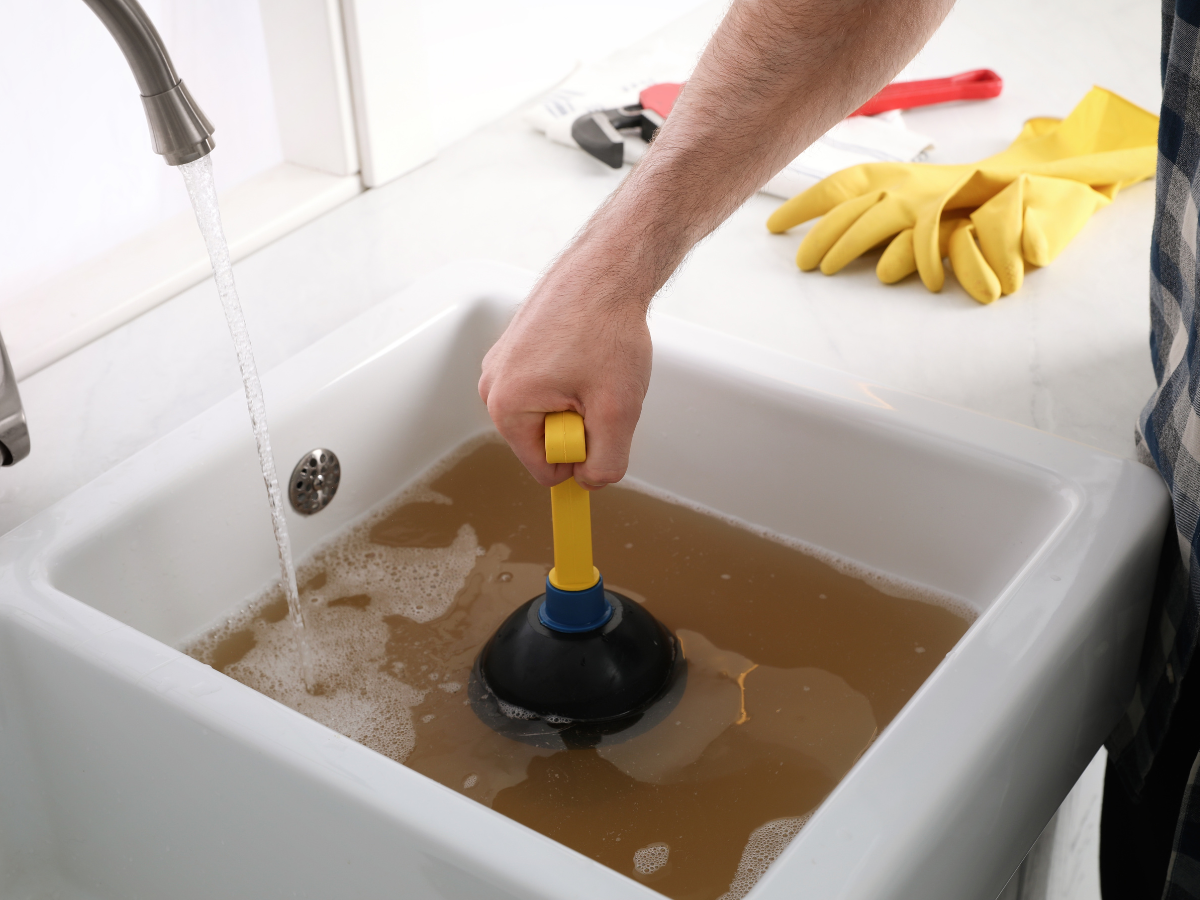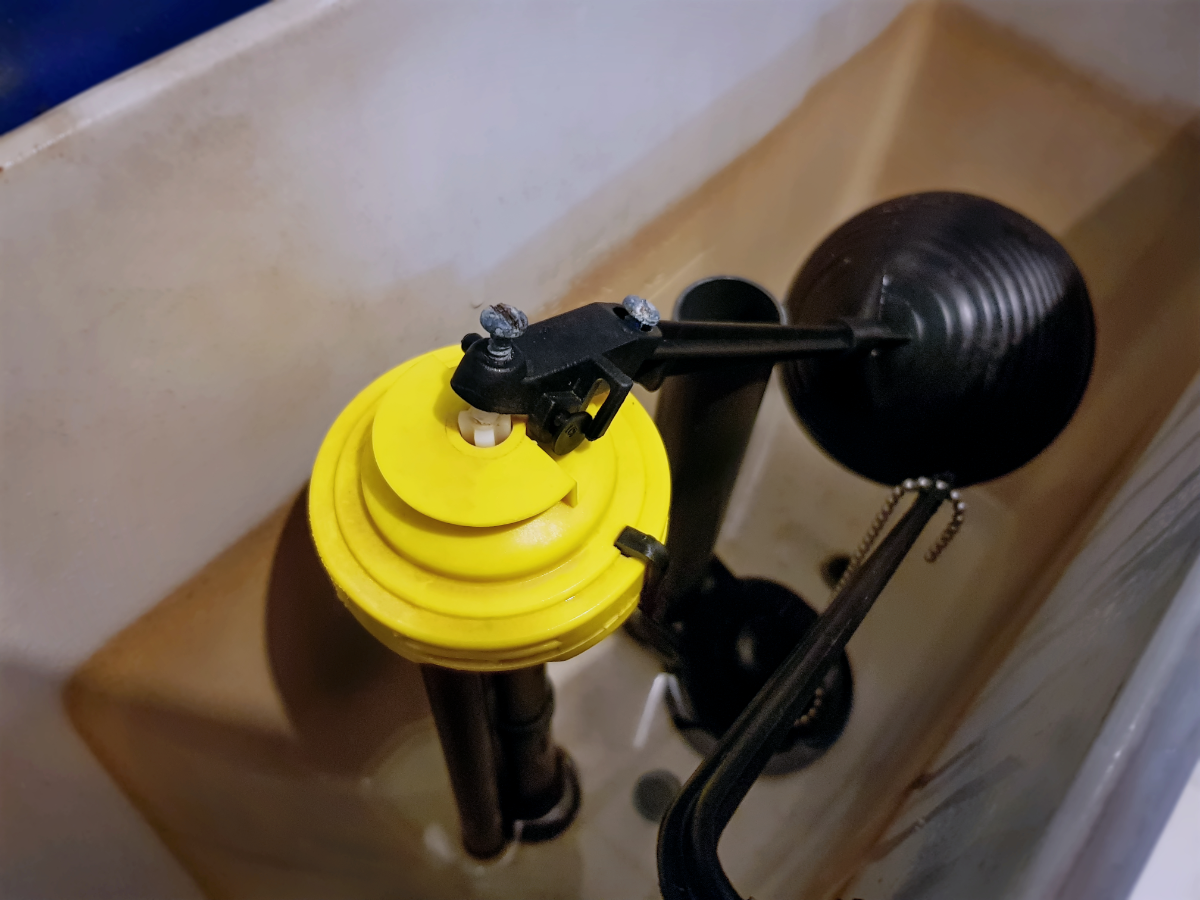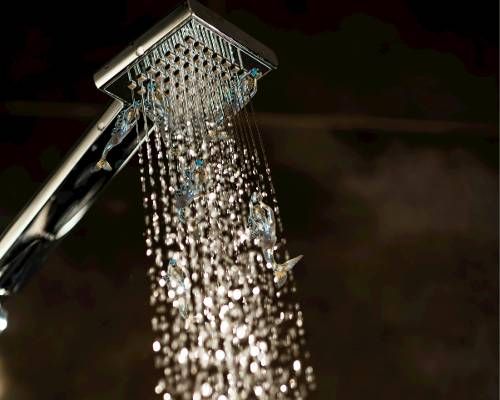Water Softener vs Water Conditioner: 4 Key Differences
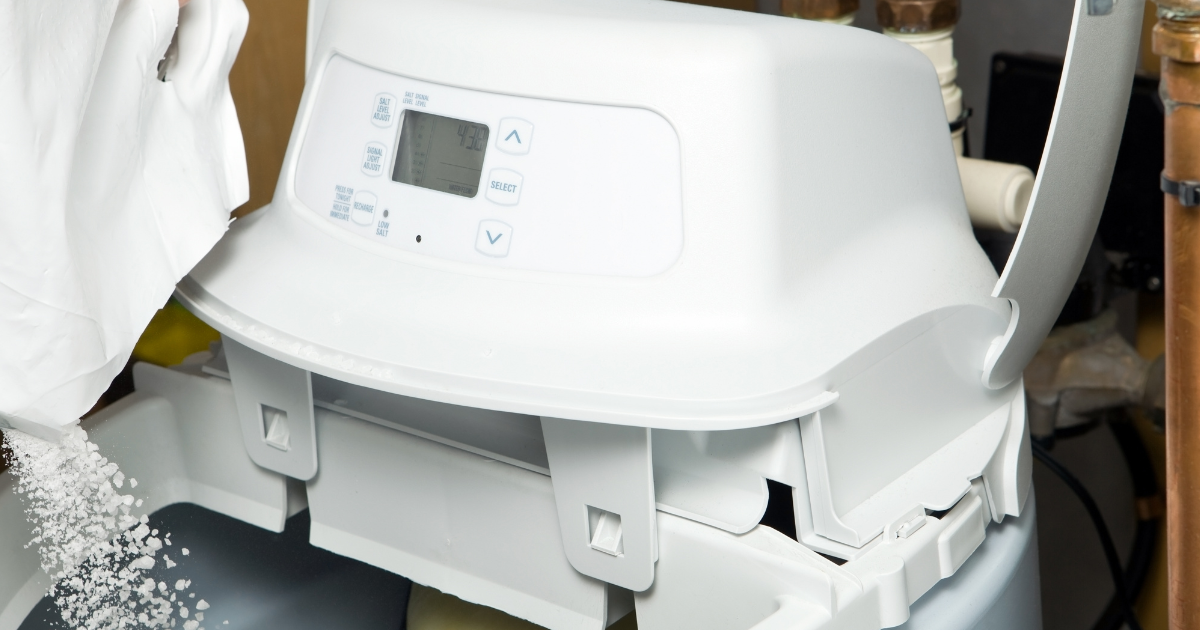
At Full Speed Plumbing, we understand how important it is to have access to quality water in your households. One common concern for many homeowners is dealing with “hard” water. But what is hard water, and why is it a problem?
As time passes, the minerals in hard water can build up in your plumbing system, leading to potential issues. This is where water softeners and water conditioners come into play. They both deal with the hardness issue but in different ways.
So, how do you decide which water treatment appliance is the best fit for you? In today’s article, we’ll explore the key differences between water softeners and water conditioners, helping you make a more informed decision.
Continue reading to dive into today’s blog post!
What is a Water Softener?
A water softener is a device specifically designed to combat the problem of hard water. It operates through a process known as “ion exchange”, where it removes microscopic minerals that can’t be seen by the human eye, particularly calcium and magnesium, and replaces them with sodium or potassium ions. This swap is crucial as it prevents the buildup of these minerals in your plumbing.
But a water softener’s role goes beyond just protecting your pipes. Treating hard water improves the efficiency and lifespan of household appliances that use water. In addition, it contributes to better lathering with soaps and detergents, leading to cleaner dishes and softer clothes. So, a water softener saves your plumbing and enhances your day-to-day household activities.
What is a Water Conditioner?
A water conditioner is another solution for managing hard water issues in your home. Unlike water softeners, water conditioners do not remove the minerals from the water. Instead, they undergo a process called “scale inhibition”. This process involves modifying the structure of the minerals, preventing them from depositing and forming scale on your pipes and appliances.
In other words, water conditioners handle hard water differently by leaving the minerals intact but neutralizing their ability to cause buildup. This means you still reap the benefits of having these minerals in your water without the adverse effects on your plumbing and appliances.
Water conditioners are also environmentally friendly as they do not introduce sodium into the water supply. Therefore, they are an excellent choice for homeowners who want to manage hard water issues while maintaining a green household.
Water Softener vs. Water Conditioner – What Are the Key Differences Homeowners Should Be Aware Of?
Here are some key differences between water softeners and water conditioners that homeowners should be aware of:
- Technology: Water softeners use ion exchange to remove hard minerals from water. On the other hand, water conditioners employ a process called scale inhibition to alter the structure of these minerals, preventing them from causing buildup.
- Family: Water softeners can be more beneficial to families as they improve the lathering of soaps and detergents, leading to cleaner dishes and softer clothes. However, water conditioners leave beneficial minerals in the water, which can be a healthier choice for your family.
- Innovation: While water softeners and conditioners are innovative solutions to manage hard water, their approaches differ. Water softeners leverage tried-and-true ion exchange technology, while water conditioners offer a newer, environmentally friendly solution that neutralizes the effects of hard minerals instead of removing them.
- Filtration: Both devices help improve the overall quality of your water. However, water softeners exchange the hard minerals for sodium or potassium ions, technically altering the water’s composition. Water conditioners, on the other hand, merely change the structure of the minerals, leaving your water’s original mineral content untouched.
By learning these differences, you can make an informed decision on which solution best fits your household needs.
Should You Invest in a Water Softener or a Water Conditioner?
Deciding between a water softener and a water conditioner largely depends on your specific needs and preferences.
At Full Speed Plumbing, we recommend investing in a water softener if your primary concern is the prevention of mineral buildup in your pipes and appliances, as well as improving the efficiency of soaps and detergents. A water softener is also an excellent choice if you frequently notice spots on washed dishes or dryness in your skin and hair after a shower.
On the other hand, if you prefer to maintain the mineral composition of your water while still mitigating the effects of hard water, a water conditioner would be a better choice. Water conditioners are also ideal if you are environmentally conscious and want to avoid introducing sodium into the water supply.
By evaluating your unique needs and priorities, you can determine which approach best fits your home. Whether it’s a water softener or a conditioner, you should contact a professional plumber, like one of our team members at Full Speed Plumbing, who is committed to helping you find the best solution for your hard water issues.
Water Softener vs Water Conditioner: 4 Key Differences – Conclusion
Understanding the impact of hard water on your home’s plumbing fixtures and the overall quality of water is crucial. Whether you choose a water softener or a water conditioner, both systems provide effective strategies for managing hard water issues.
A water softener will remove hard minerals, enhancing the effectiveness of soaps and detergents, while a water conditioner changes the structure of these minerals, preventing build-up without altering the water’s mineral composition. The result is a more efficient household, longer-lasting appliances, and improved water quality. Regular maintenance of these systems is key to ensuring they continue to operate effectively.
At Full Speed Plumbing, we not only help you make an informed decision about water purification but also provide comprehensive services to keep the product running at peak performance. Our commitment to customer education ensures you are always well-informed about the state of your home’s water and plumbing.
Ultimately, the decision between a water softener and a water conditioner depends on your individual household needs and environmental considerations.

